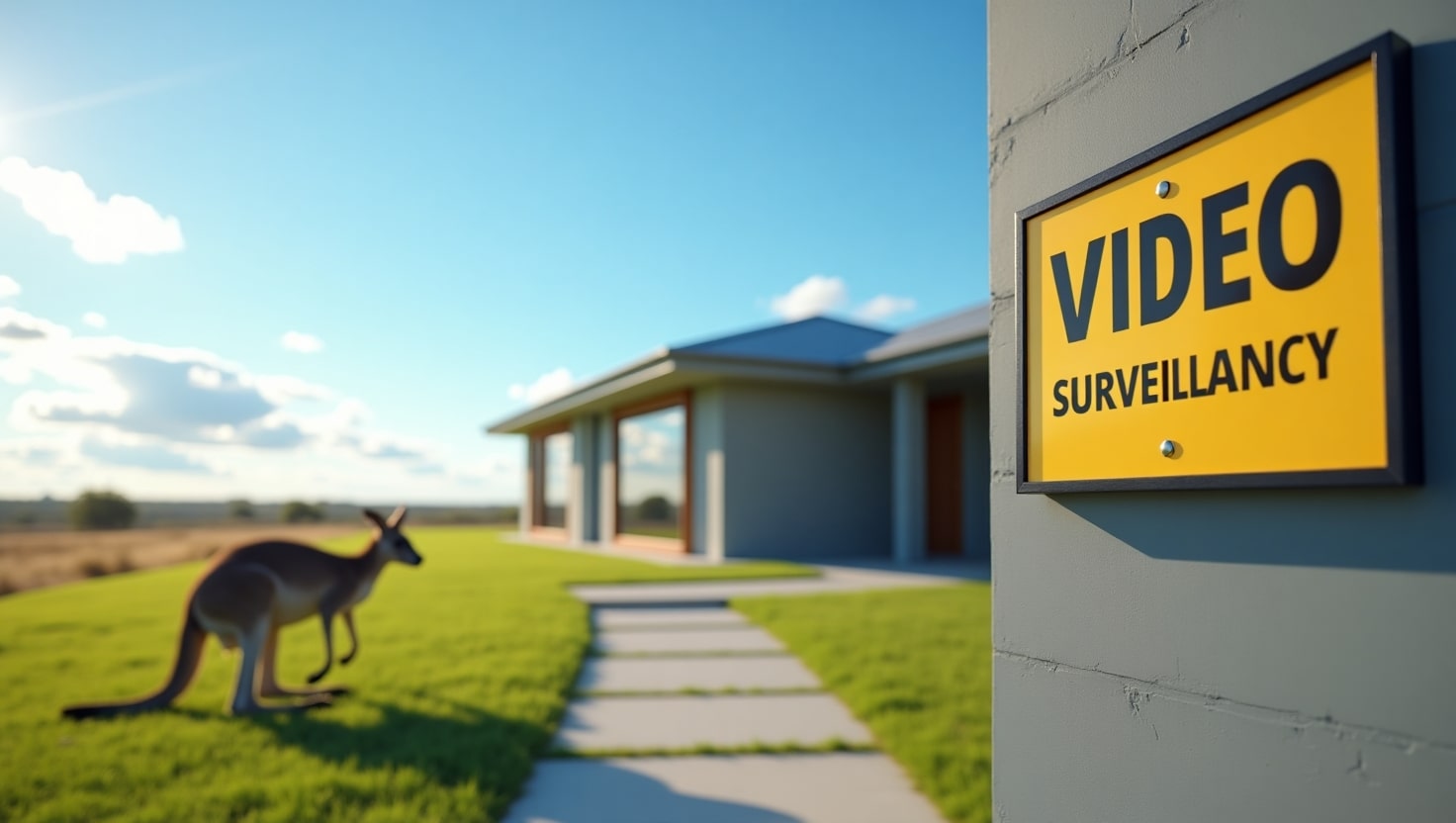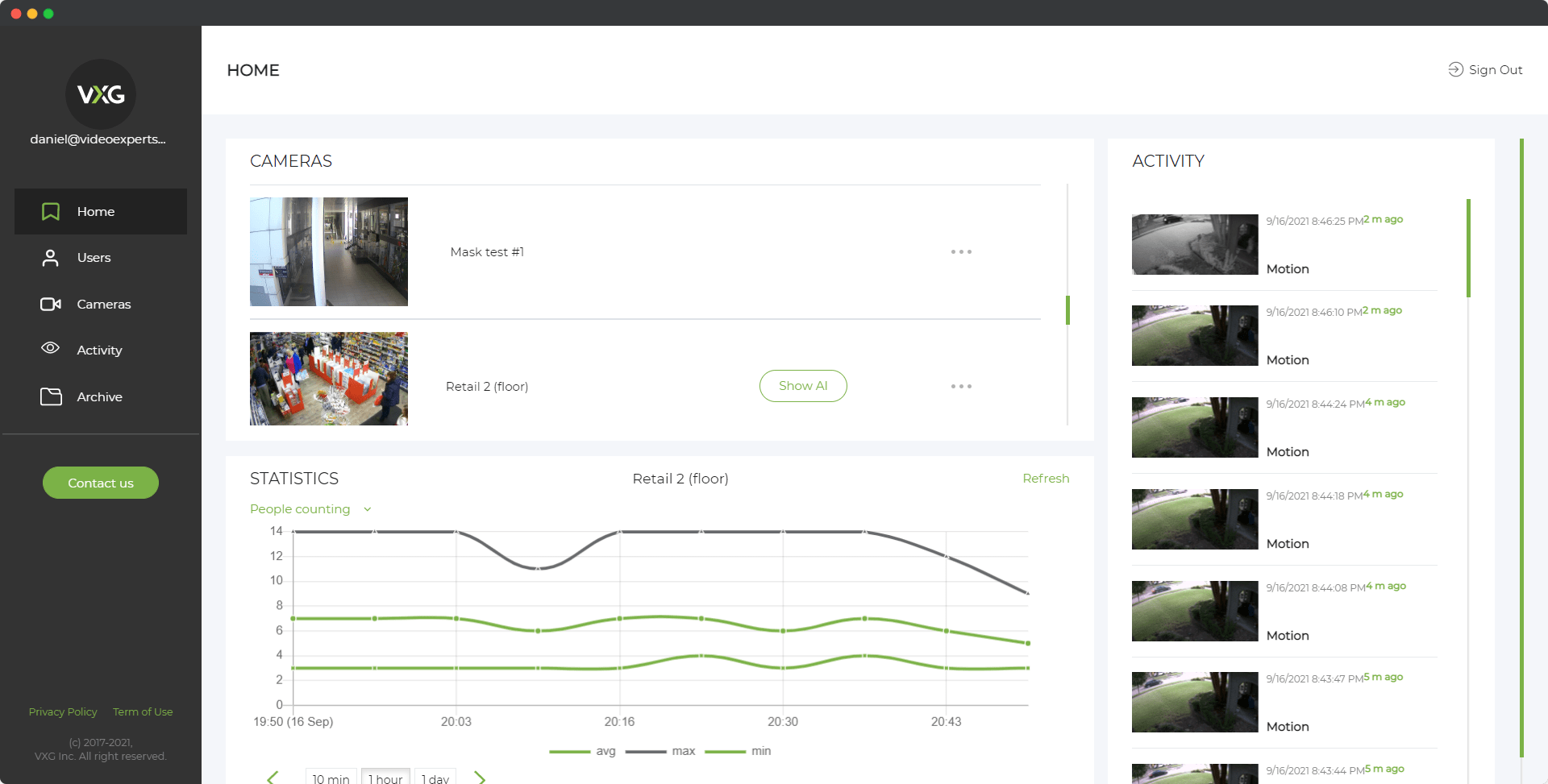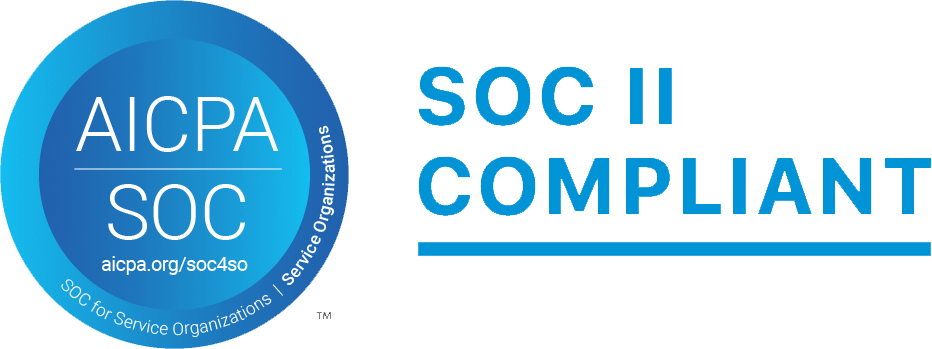The use of security cameras in Australia is governed by a combination of federal and state laws designed to balance security needs with individual privacy rights. Understanding these regulations is crucial for homeowners, businesses, and organizations to ensure compliance and respect for privacy.
Federal Regulations on Surveillance
At the federal level, the Privacy Act 1988 primarily addresses the handling of personal information by organizations. However, it does not specifically regulate the use of security cameras by individuals acting in a private capacity. Instead, surveillance activities are mainly governed by state and territory laws. Recent reforms are also shaping federal laws to enhance transparency in surveillance practices while protecting privacy.
State and Territory Laws on Security Cameras
Each Australian state and territory has its own legislation regulating the use of surveillance devices, including security cameras. While there are similarities, key differences exist:
-
New South Wales (NSW): The Surveillance Devices Act 2007 prohibits recording private conversations without consent and restricts the use of optical surveillance devices without approval on private premises.
-
Victoria: The Surveillance Devices Act 1999 regulates the installation and use of surveillance devices, requiring consent for recording private activities and conversations.
-
Queensland: The Criminal Code makes it an offense to record people without their consent in places where they would expect privacy, such as bedrooms or bathrooms.
-
Western Australia (WA): The Surveillance Devices Act 1998 governs the use of surveillance devices, emphasizing restrictions on recording private activities without consent.
-
South Australia, Tasmania, Northern Territory, and Australian Capital Territory: Similar laws exist, focusing on prohibiting the recording of private activities and conversations without consent.
Placement and Use of Security Cameras
When installing security cameras, it's essential to consider their placement to avoid infringing on others' privacy:
-
Private Property: Cameras should primarily monitor the owner's property. Pointing cameras towards neighboring properties or areas where individuals have a reasonable expectation of privacy, such as bedrooms or backyards, can lead to legal issues.
-
Public Spaces: While generally permissible, surveillance of public areas must comply with state and federal privacy laws, ensuring that cameras do not intrude into private spaces.
Audio Recording Considerations
Audio surveillance is subject to stricter regulations compared to video:
-
Consent Requirements: Recording private conversations typically requires the consent of all parties involved. For instance, in NSW, it's illegal to record a conversation without consent, even if you're a participant.
-
Legal Penalties: Unauthorized audio recording can lead to significant legal consequences, including fines and potential criminal charges.
Workplace Surveillance
Employers must adhere to specific regulations when implementing surveillance in the workplace:
-
Notification: Employees should be informed about any surveillance measures, including the use of security cameras.
-
Legislative Compliance: Employers must comply with relevant state or territory laws governing workplace surveillance.
Recent Developments in Surveillance Practices
Recent incidents have highlighted the importance of adhering to privacy laws:
-
Facial Recognition Technology: Some retailers faced scrutiny for using facial recognition without proper consent, leading to legal investigations.
-
Public Surveillance: Local councils have considered granting police real-time access to CCTV footage, raising concerns among privacy advocates about potential overreach.
FAQs
Understanding and complying with security camera laws in Australia is essential to balance security needs with privacy rights. Always consult the specific legislation in your state or territory and consider seeking legal advice to ensure full compliance.
















